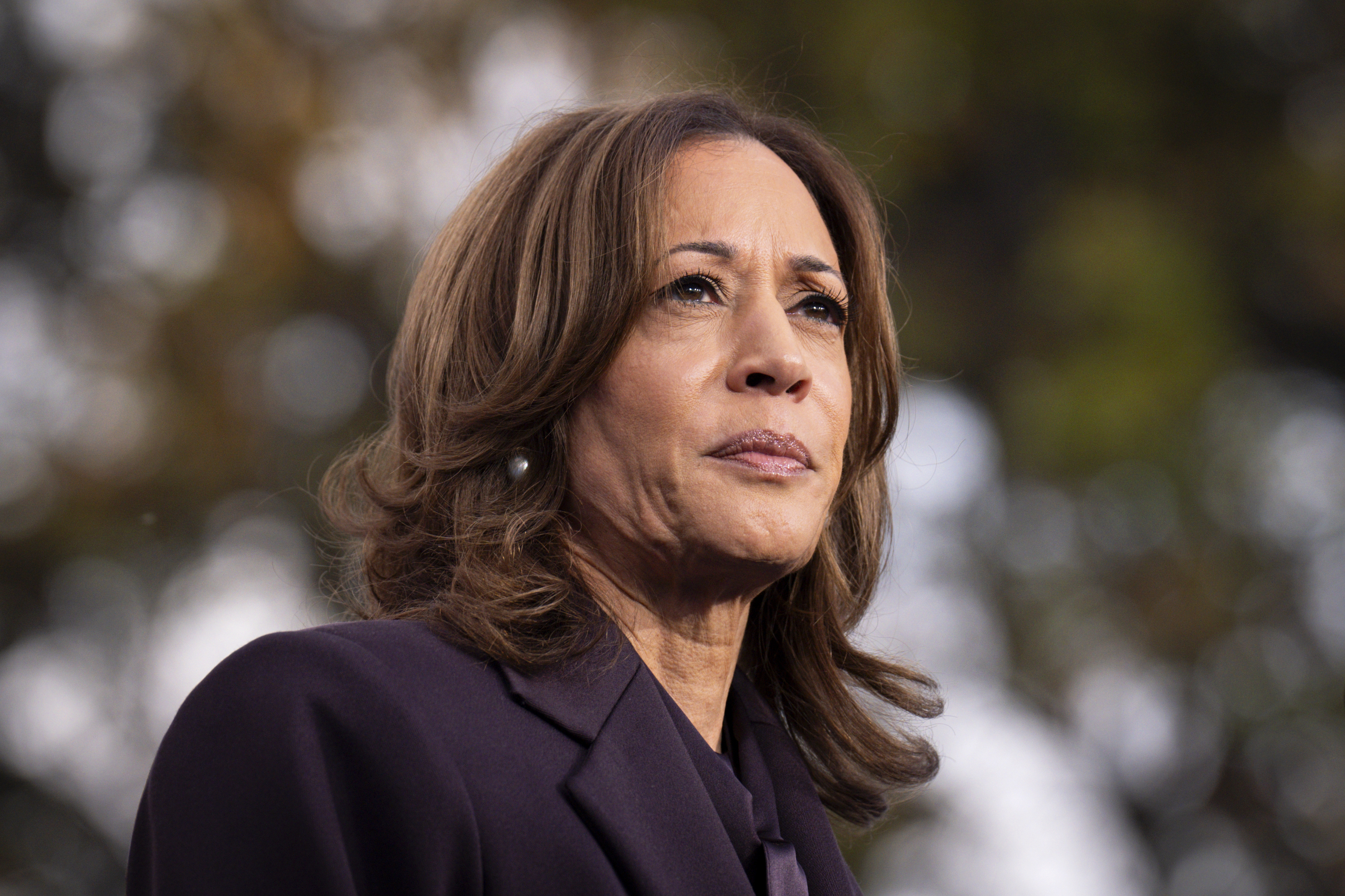Any Democrat would have had a hard time winning these elections. The reason is simple: the United States is doing reasonably well. The magazine The Economist has declared the economy situation as "dreamlike," with full employment and the highest economic growth of any G7 nation. Although there are two major external crises - in Ukraine and the Middle East - the US has not directly involved itself in the first and in the second, although it has, on the side of Israel, only suffered three deaths.
The biggest blot is inflation, which has eaten up almost a quarter of citizens' purchasing power. However, this is not exclusive to the US, and furthermore, the federal government does not have direct control over the Federal Reserve, whose chairman, Jay Powell, was appointed by Donald Trump. Moreover, inflation is easing, and interest rates are declining, as will be evident today, Thursday, when the Fed cuts them by a quarter point.
The fact that the US is doing well is a problem for the Democrats because it makes them vulnerable to Republican rhetoric of tax cuts, deregulation, and promises of cutting public spending, which is a subtle way of addressing Americans' original sin: greed. In 1992, with the country emerging from a recession, Democrat Bill Clinton won.
In 2000, with full employment and four years of 4% growth, Republican George W. Bush prevailed. Eight years later, when the financial system was nationalized to prevent its collapse, Barack Obama took office. In 2016, the US was nearing full employment and had been growing for eight years, so the baton passed to Trump, with his promises of tax cuts, full employment, industrial policy, tariffs, ending illegal immigration, and even the wonder of cutting the State Budget by 40% solely through the fight against "fraud," which is a subtle way of saying "what your neighbors are stealing from you". Until Covid-19 arrived. In 2020, the day Joe Biden took office, 4,400 Americans died from the pandemic, according to Johns Hopkins University. And the cycle began again.
Failure
However, the failure of Kamala Harris has a deeper meaning, summed up in one phrase: 53% of Latino men - a group that Democrats considered existentially theirs - voted for Donald Trump. Voting for someone who insults you is noteworthy. Perhaps these men felt more insulted by the Democratic paranoia of using "Latinxs," with an "x," to create an inclusive term that is shorter than "Latinos and Latinas." It's impossible not to feel like a detergent when called 'Latinx' without feeling somehow confused with a cleaning product.
Harris tried to avoid those stereotypes manufactured by the political correctness assembly line like a scalded cat. Her vice-presidential candidate, Tim Walz, is, in appearance, demeanor, and background, the opposite of that. But that culture is part of the Democratic Party, especially its grassroots activists. Added to that are the characteristics of Democratic voters that many Democrats probably don't like. For example, in July, 44% of members of the very important - and famous, in part for its past ties to the mafia - Teamsters union supported Joe Biden, while only 36% did so for Donald Trump. Once Kamala was introduced, the percentage reversed and went to the extreme. In September, 58% of the Teamsters, as they are known in the US, were for Trump, while the support rate for Harris had dropped to 31%. What do you do with these people? Do you call them sexist and excommunicate them?
The fact that the Democratic Party has lost ground among minorities to the point where Trump may end up getting more votes than Harris, is the big surprise of these elections. Just as surprising is that the former president won over the youngest segment of the population, the so-called Generation Z, whom Democrats - and most experts - thought would reject Trump's old-fashioned message.
Money and Unity
It could be said that Harris would have benefited from a primary process. That her laughter is unpleasant. That many people don't like her tone of voice. All of that is secondary. Her campaign was well-run. She literally had more money than she knew how to spend. The Democratic Party - unlike the Republican Party - rallied around her. Those who say that her problem was that no one knew what she had done in her political career are the same ones who said that Hillary Clinton had been in the spotlight for too long.
These are campaign problems. The others are structural. On one hand, the unconscious perception that Democrats handle crises better but that when things are going well, a Republican needs to be put in the White House to really get the party started. On the other hand, the problem of a party - the Democrats - whose leaders do not like a considerable part of their voters, whom they see as backward, uneducated, or simply too distant to connect with. It is paradoxical that two millionaires educated at the world's best universities - Donald Trump and JD Vance - have managed to label two honest middle-class party officials who studied at very ordinary academic institutions, Kamala Harris and Tim Walz, as "elitists."
